
Comparing vacuums, what should I keep in mind?
Floor type
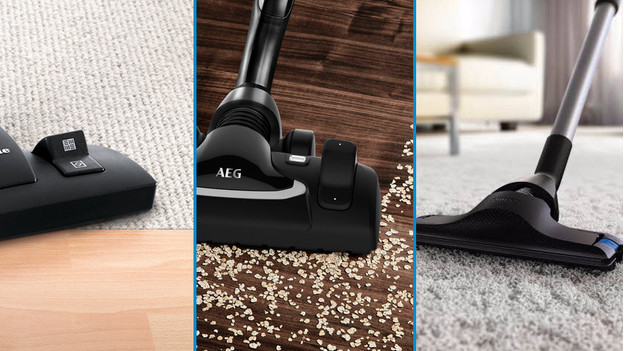
One of the most important differences for vacuum cleaners is which floor type is suitable. Not all vacuum cleaners are suitable for every type of floor. Do you have carpet at home, many rugs or a fragile, wooden floor? Take a good look at the surface for which the vacuum cleaners are suitable and if this matches what you have at home.
Hard or wooden floor vs. carpet
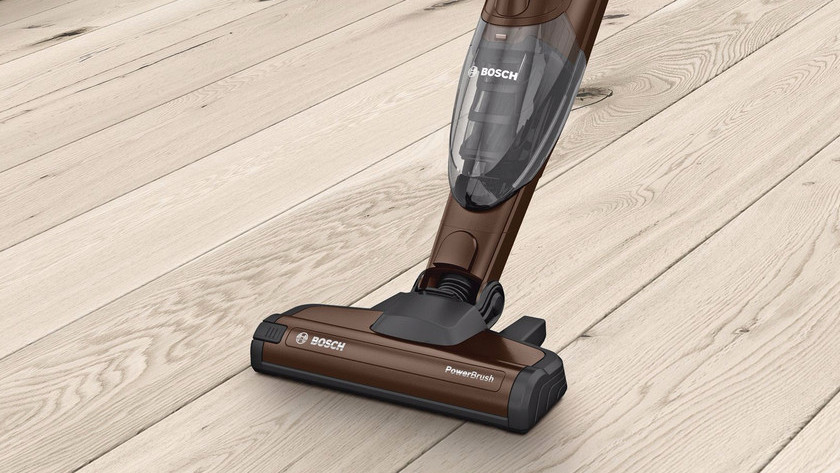
Hard or wooden floor
If you have a hard floor at home, then a combi brush is sufficient. Do you have a vulnerable wooden floor? Then you need a special parquet brush. If you want to know more about what to look out for when you have a hard or wooden floor at home, read the advice article.
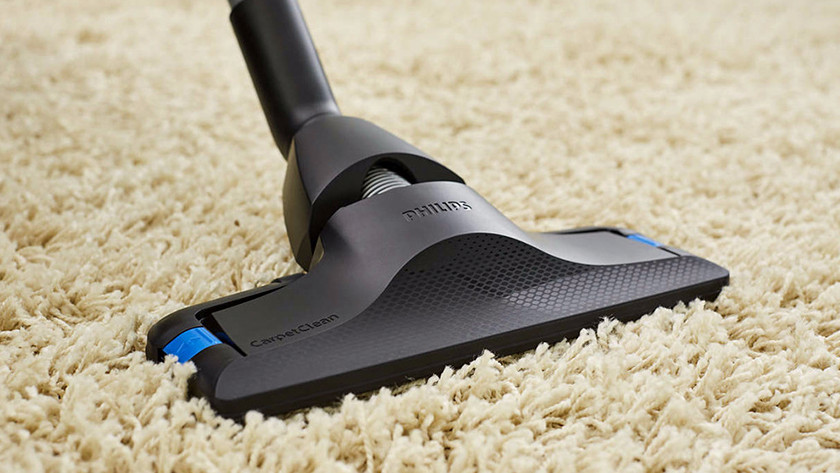
Carpet
If you have a lot of carpet or coarse rugs at home, you need a turbo brush. This brush separates the fibers from the carpet so that dirt disappears more easily. If you want more information about what to look out for when you mainly have carpet at home, read the advice article.
Brush attachments
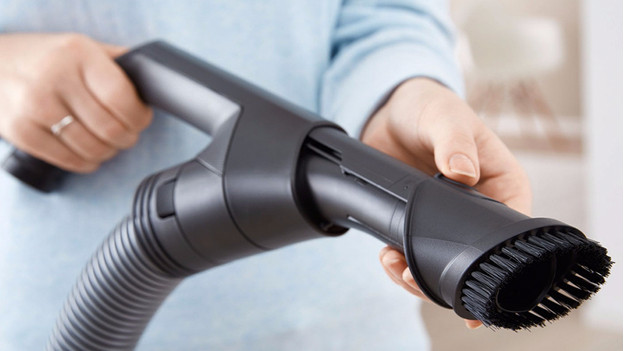
For which floor type a vacuum cleaner is suitable depends on the brush heads that are present. The vacuum cleaners often differ from each other here. If there are more brush heads on a vacuum cleaner, you will notice this often in the price. More brush heads mean a versatile vacuum cleaner. For example, do you have a wooden floor on the ground floor but carpeting in the bedrooms? Then you need different brush heads. If you want more advice about brush heads, read the advice article.
Cord length
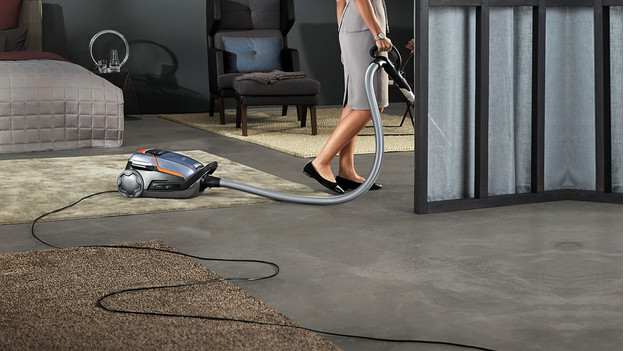
If you have a relatively large house, the cord length is important. We describe 2 different sizes: cord length and operating radius. The cord length is the actual length of the cord. The operating radius is the cord length plus the length of the vacuum. If you don't want to change the outlets, check out the cord length of the vacuum and include it in your choice.
Filters
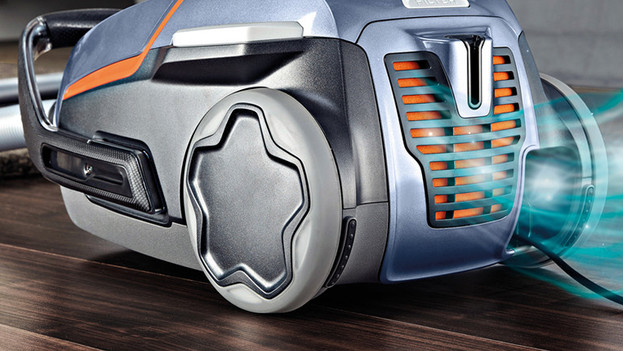
By filters we mean mainly the exhaust filters of a vacuum cleaner. The better the exhaust filter is, the less dust particles will enter the room with the exhaust air from the vacuum cleaner. This exhaust filter is especially important if you are sensitive or even allergic to dust. In that case, opt for a vacuum cleaner with at least a HEPA 13 filter. Would you like to know more about vacuum cleaners for allergies? Then read the advice article.
Noise level
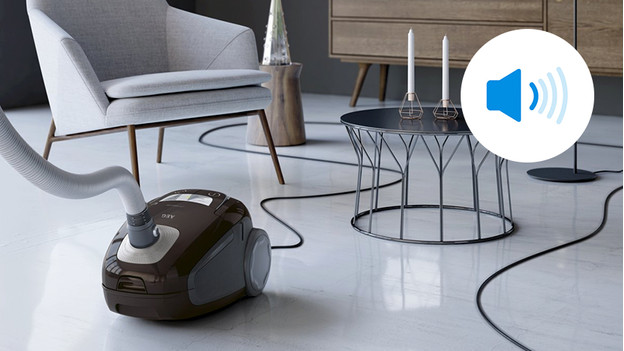
The noise level of a vacuum cleaner sometimes differs only a few points. This does not seem like much, but it is. We call a vacuum cleaner silent if it has a sound level of up to 60 decibels. Of course, the vacuum cleaner makes a sound, but you still have a good conversation without raising your voice. From 76 decibels we find a vacuum cleaner very loud. This is not immediately bad, but important to know. If you want more information about noise level, read the advice article.
Unique features
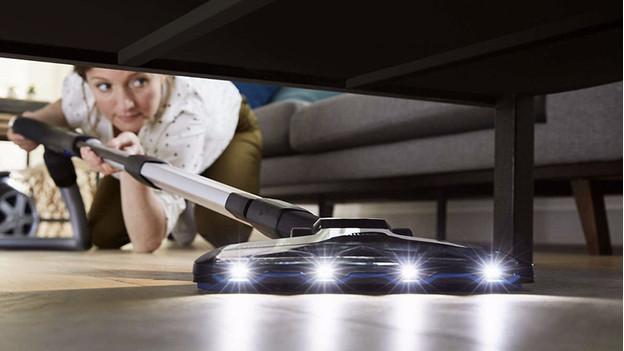
In addition to all specifications, vacuums often also have unique characteristics. For example, some vacuums have control via the handle, so it's not necessary to bend over to change settings. Other vacuums have a suction brush with lighting or special accessories, such as a mini turbo brush. These unique features aren't always in the specifications, so read the product text and look at what's included.
Pros and cons
Are you comparing vacuum cleaners but do not come up with all specifications yet? Then also take a look at the plus and minus points of the product texts. These say a lot about the product and indicate what a vacuum cleaner can or can not do. The unique aspects of a vacuum cleaner are mainly discussed so that you know what makes this product distinctive compared to another.


